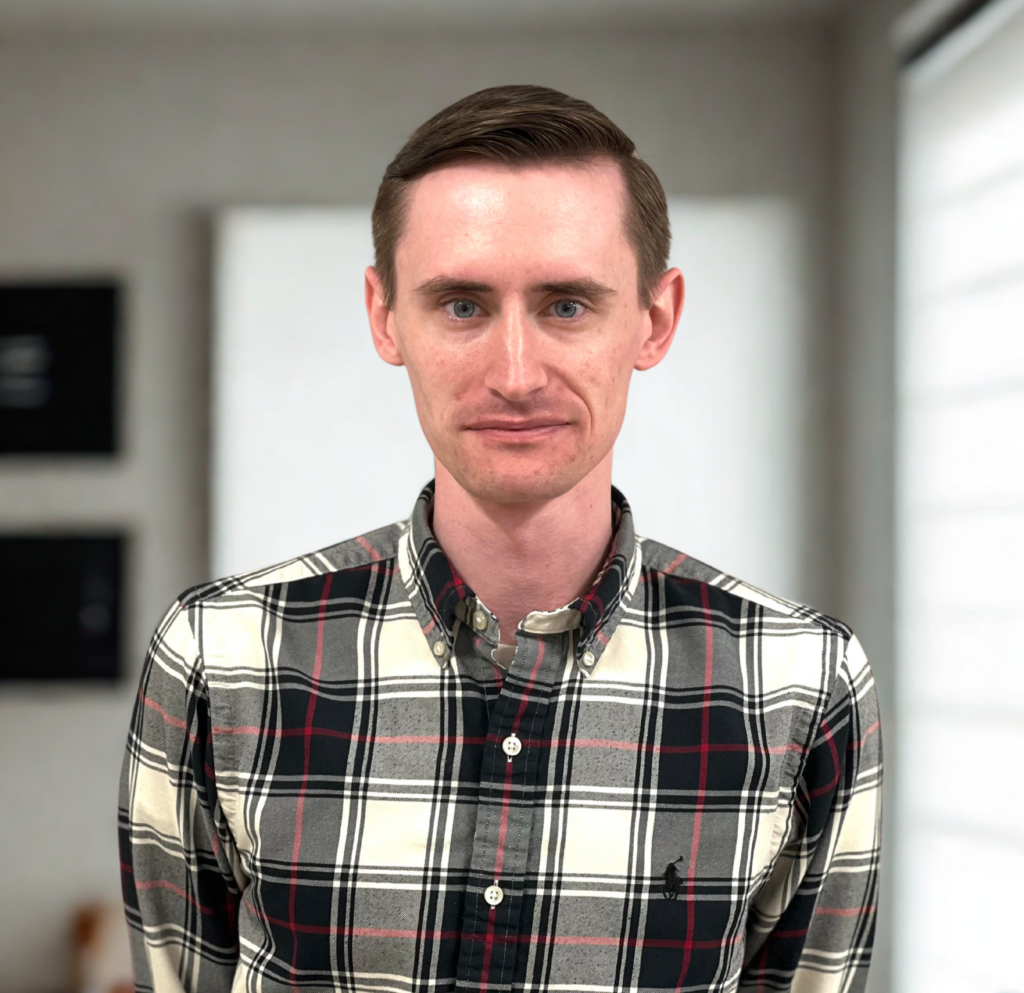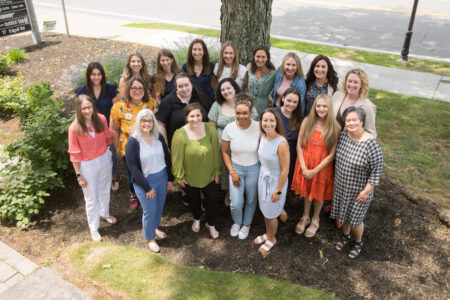FOOD FOR THOUGHT
Chris Nemergut, MA
Mental Health Counselor
He/Him

"I believe that recovery is possible for everyone and that it's never too late to change the path you are on."
Chris is a psychotherapist specializing in eating disorders, substance use, trauma, anxiety and depression. He holds a Bachelor’s Degree in Psychology at Bryant University and a Master’s Degree in Clinical Psychology from William James College.
Prior to joining Metrowest Nutrition and Therapy, Chris spent 4+ years working as a clinician at the Walden Behavioral Care in both residential and partial eating disorder treatment. As Lead Adult Clinician, he provided individual and group psychotherapy while mentoring other clinicians and contributing to program development.
Chris has extensive experience providing individual and group psychotherapy in various treatment settings. His approach is client-centered, trauma-informed, Health at Every Size (HAES)®-aligned and strengths-based. Accordingly, he creates an open, compassionate and trusting space for clients to share and process their feelings.
Drawing from Dialectal Behavior Therapy (DBT), Cognitive Behavioral Therapy (CBT), Acceptance and Commitment Therapy (ACT) approaches, he has utilized these models both hospital and outpatient settings. Through individualizing coping strategies, Chis helps his clients improve in the areas of distress tolerance, emotion regulation, self-esteem, self-compassion, and body acceptance. He works with teens 14 and older, young adults, adults, all gender and all LGBTQIA+ indentities.
While in graduate school, Chris completed two years of his internship at Walden Behavioral Care in Westborough, MA where he provided individual and group psychotherapy, meal support, and facilitated CBT and DBT groups with clients.
Chris takes a strength based approach to therapy with the belief that each client’s positive attributes, resources, and strengths are what make recovery possible and building on these positive with help build resilience and better state of well-being.
Specialties
- Eating Disorders
- Substance Use
- Depression
- Anxiety
- Trauma




